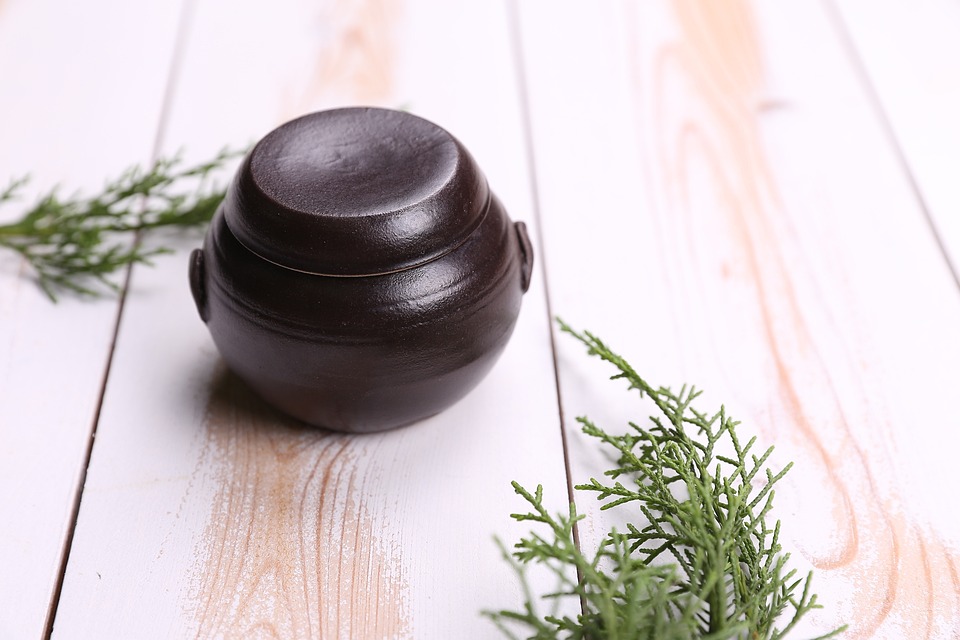[ad_1]
Miso is a traditional Japanese seasoning produced by fermenting soybeans with salt and koji (a type of fungus) and sometimes rice, barley, or other ingredients. This ancient condiment has been consumed for centuries and is known for its unique flavor and nutritional benefits. In recent years, it has also gained popularity in the West as a versatile ingredient in various dishes.
Health Benefits of Miso
Adding miso to your meals can provide numerous health benefits. Here are some of the ways in which this fermented condiment can positively impact your well-being:
Rich in Nutrients
Miso is a good source of various nutrients, including protein, fiber, vitamins, and minerals. It contains essential amino acids that are important for building and repairing tissues in the body. Additionally, miso is a good source of B vitamins, vitamin K, and various minerals such as manganese, zinc, and copper.
Probiotic Properties
As a fermented food, miso contains probiotics, which are beneficial bacteria that support a healthy gut microbiome. Consuming probiotic-rich foods like miso can help improve digestion, boost the immune system, and support overall gut health. These probiotics can also help balance the gut flora and improve nutrient absorption.
Heart Health
Studies have shown that the consumption of miso may have a positive impact on heart health. It has been linked to lower blood pressure levels and reduced risk of stroke. The antioxidants in miso, such as phenolic compounds and flavonoids, may help lower cholesterol levels and reduce the risk of heart disease.
Supports Digestive Health
Miso is known for its digestive benefits. The probiotics in miso can help maintain a healthy balance of gut bacteria, which is essential for proper digestion. Additionally, the enzymes produced during the fermentation process can aid in the breakdown of carbohydrates, proteins, and fats, leading to improved digestion and nutrient absorption.
May Reduce Cancer Risk
Some studies have suggested that the consumption of miso may be associated with a reduced risk of certain types of cancer, particularly breast and prostate cancer. The isoflavones found in soybeans have been shown to have potential anti-cancer properties, and their concentration in miso may contribute to its protective effects.
Ways to Incorporate Miso into Your Meals
There are numerous ways to add miso to your meals, from soups and stews to dressings and marinades. Here are a few ideas to get you started:
Miso Soup
Miso soup is a classic Japanese dish that is simple to make and incredibly flavorful. You can customize it by adding your choice of vegetables, tofu, or seaweed. Simply dissolve miso paste in hot water and add your desired ingredients for a comforting and nutritious soup.
Miso Dressing
Miso can also be used to make a delicious and versatile dressing for salads and bowls. Combine miso paste with ingredients such as sesame oil, rice vinegar, and a touch of sweetness for a tangy and umami-packed dressing that can elevate any dish.
Miso Glaze
Use miso as a flavorful glaze for meats, fish, or vegetables. Mix miso paste with other ingredients such as soy sauce, ginger, and garlic, then brush it onto your desired protein or veggies before roasting, grilling, or broiling for a savory and caramelized finish.
Conclusion
Miso is not only a delicious and versatile ingredient but also a powerhouse of nutrients and health benefits. Its probiotic properties, heart-healthy antioxidants, and potential cancer-fighting compounds make it a valuable addition to any diet. By incorporating miso into your meals, you can not only enhance the flavor of your dishes but also support your overall health and well-being. So, next time you’re in the kitchen, don’t forget to reach for that jar of miso and experiment with all the wonderful ways to enjoy this traditional Japanese condiment.
FAQs
Q: Is miso high in sodium?
A: Yes, miso does contain salt as it is a fermented product, but the overall sodium content can vary depending on the type and brand. It’s best to use it sparingly, especially if you are watching your sodium intake.
Q: Can miso be used in vegan cooking?
A: Absolutely! Miso is a great way to add depth of flavor to vegan dishes and can be used as a substitute for fish sauce or other umami-rich ingredients in plant-based recipes.
Q: How long does miso last in the refrigerator?
A: Miso has a long shelf life and can last for several months in the refrigerator. It’s best to store it in an airtight container to maintain its freshness.
[ad_2]





Comments